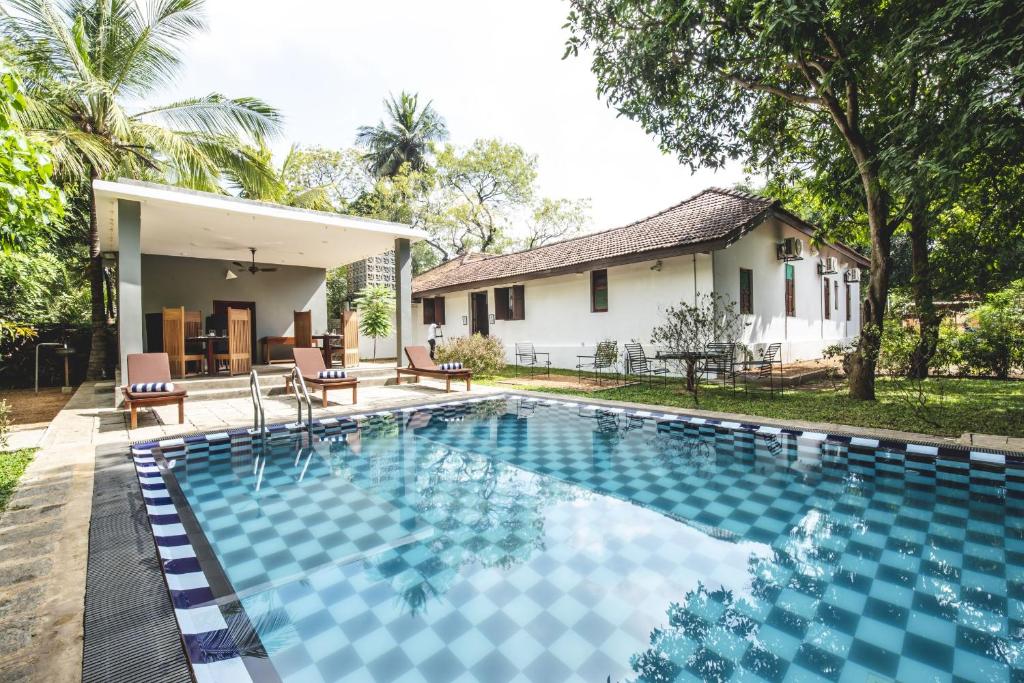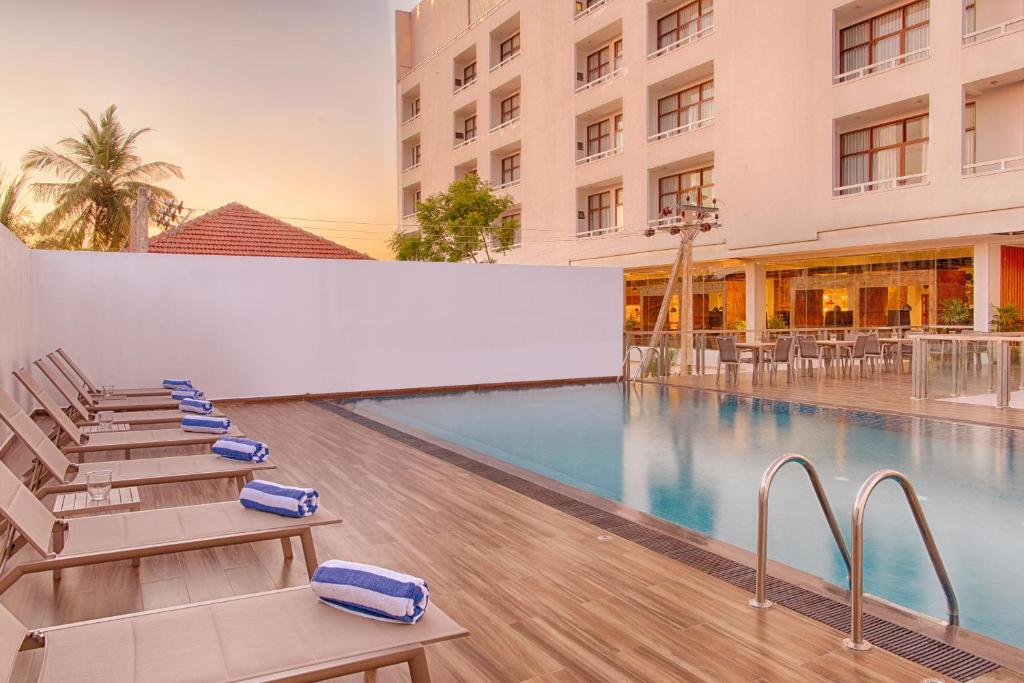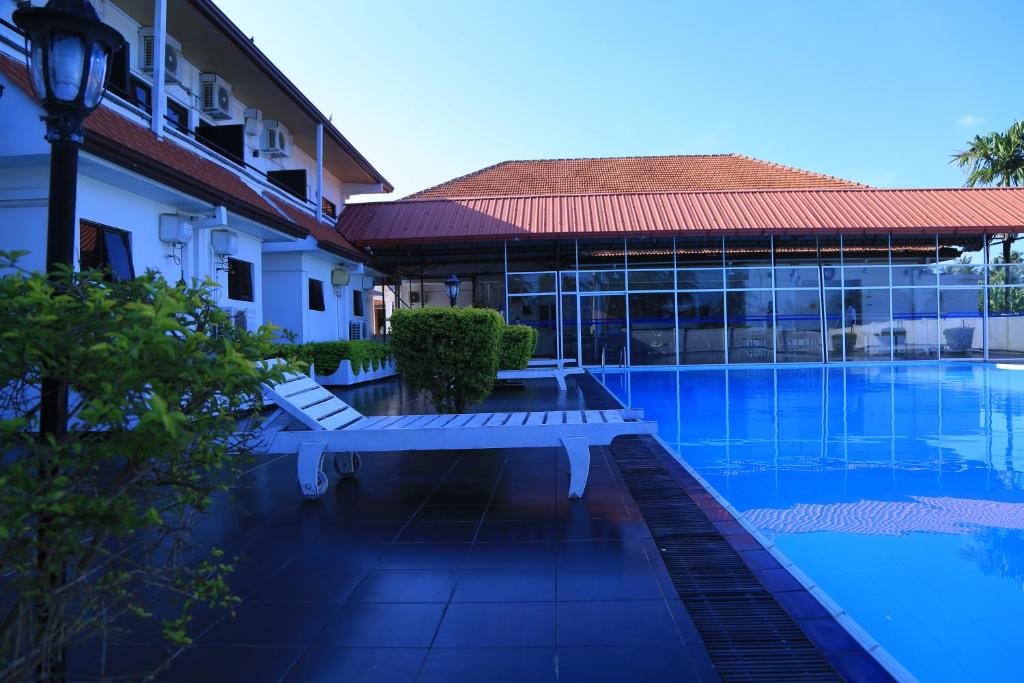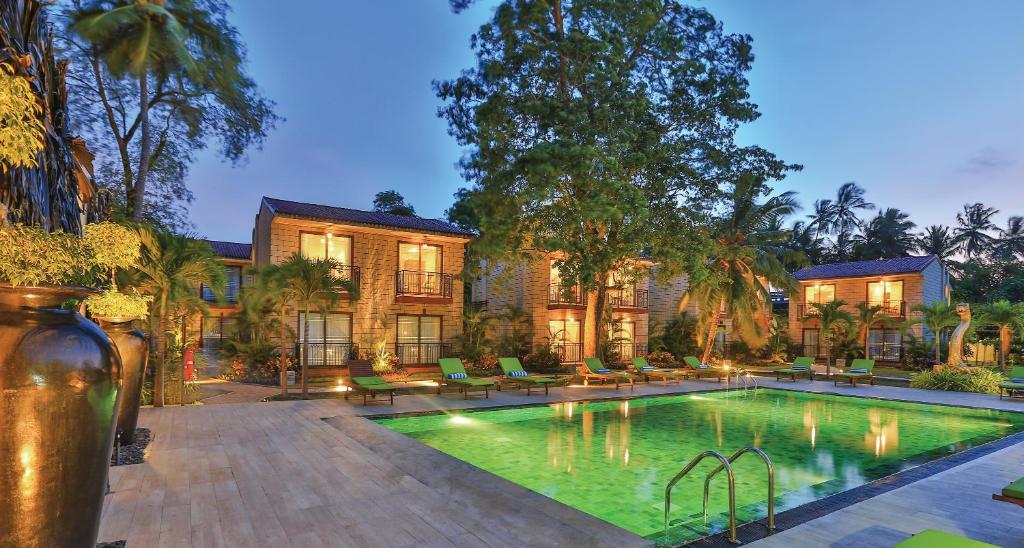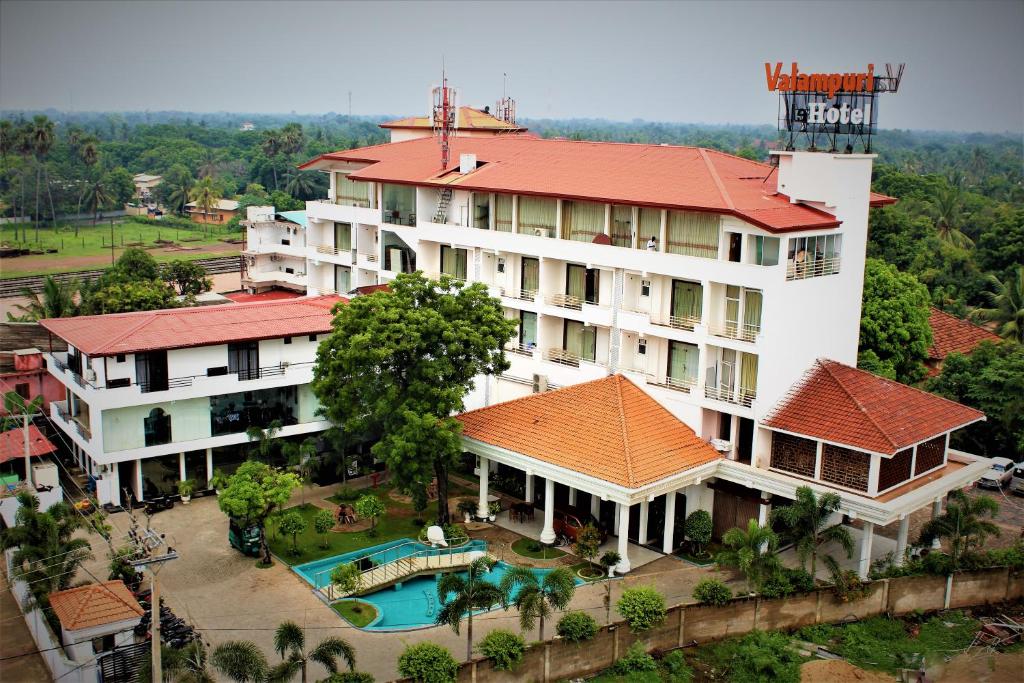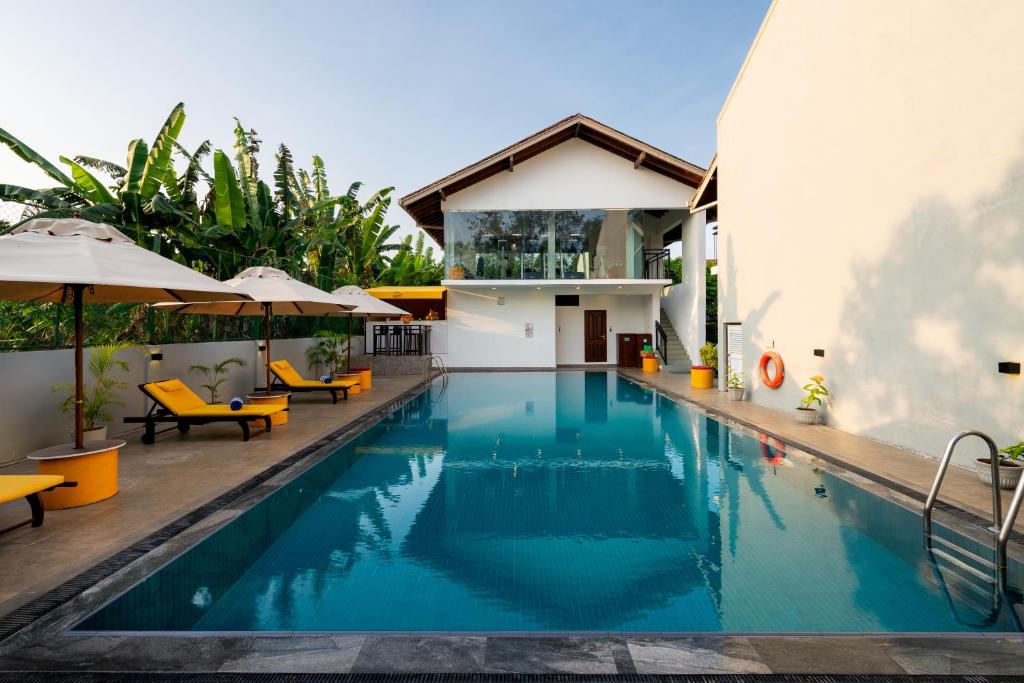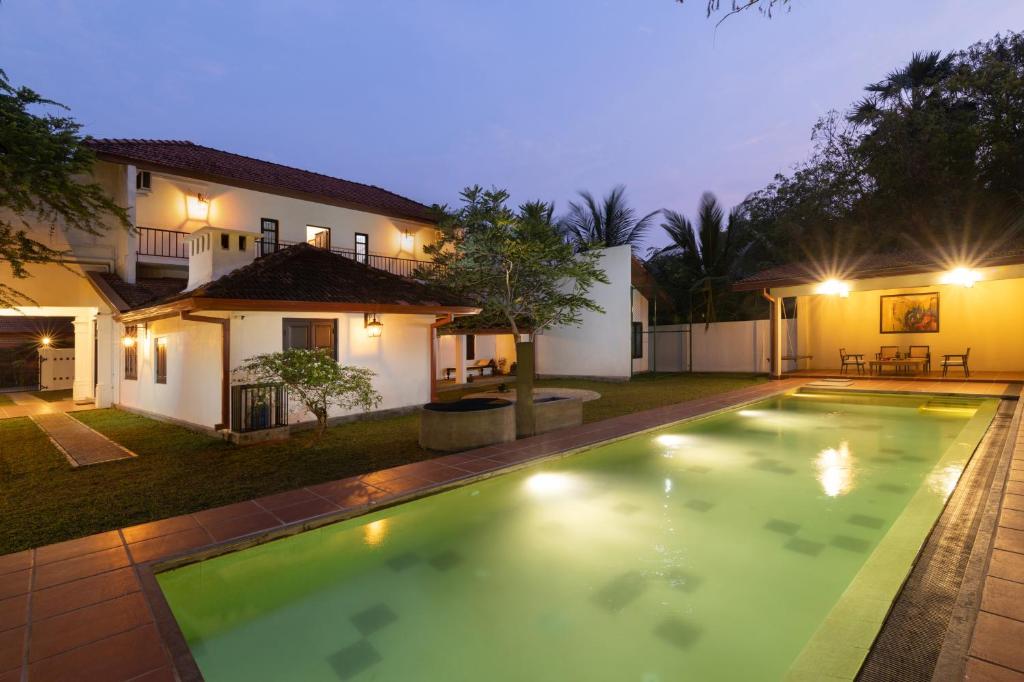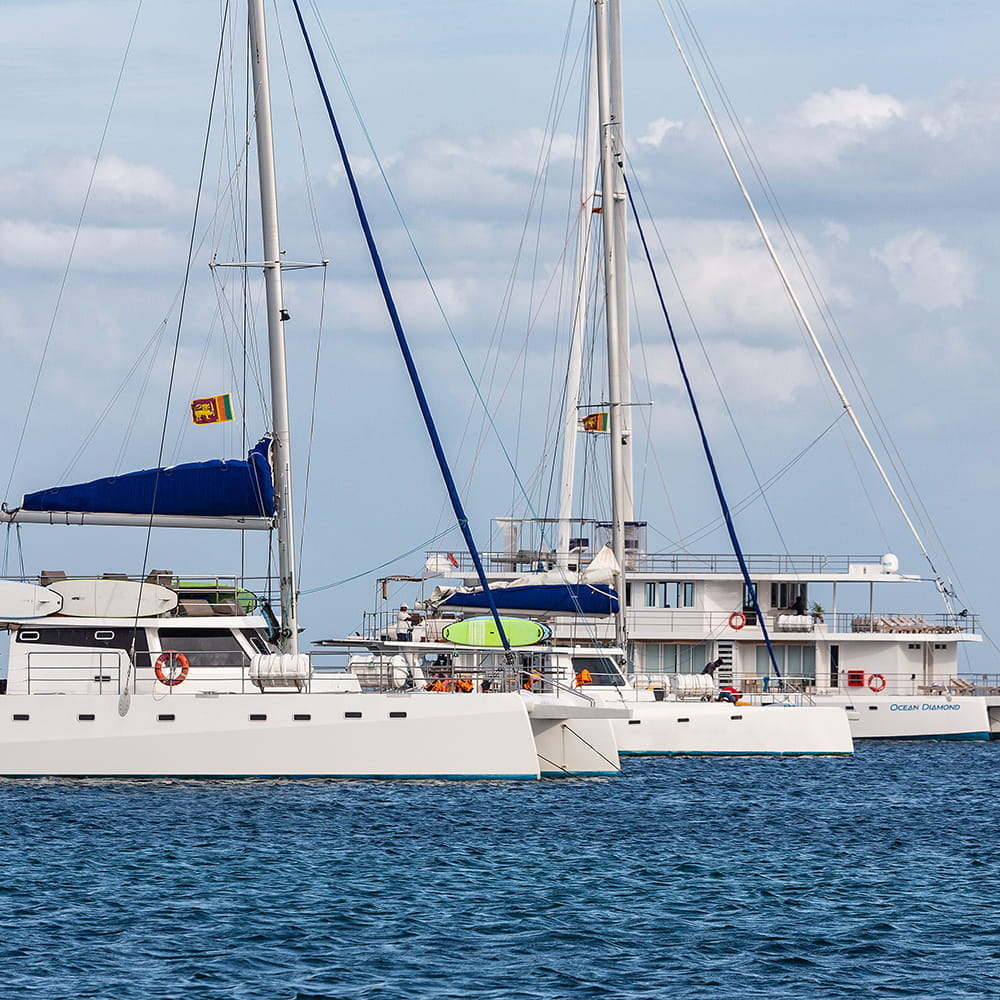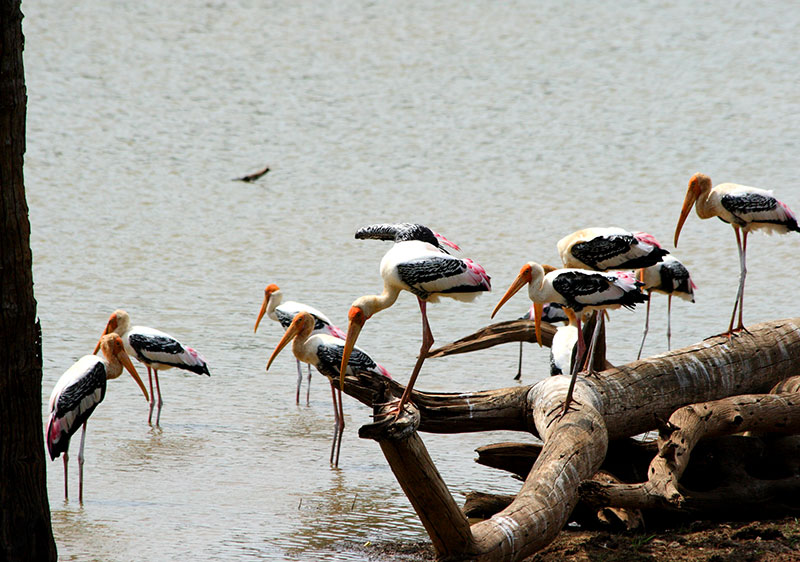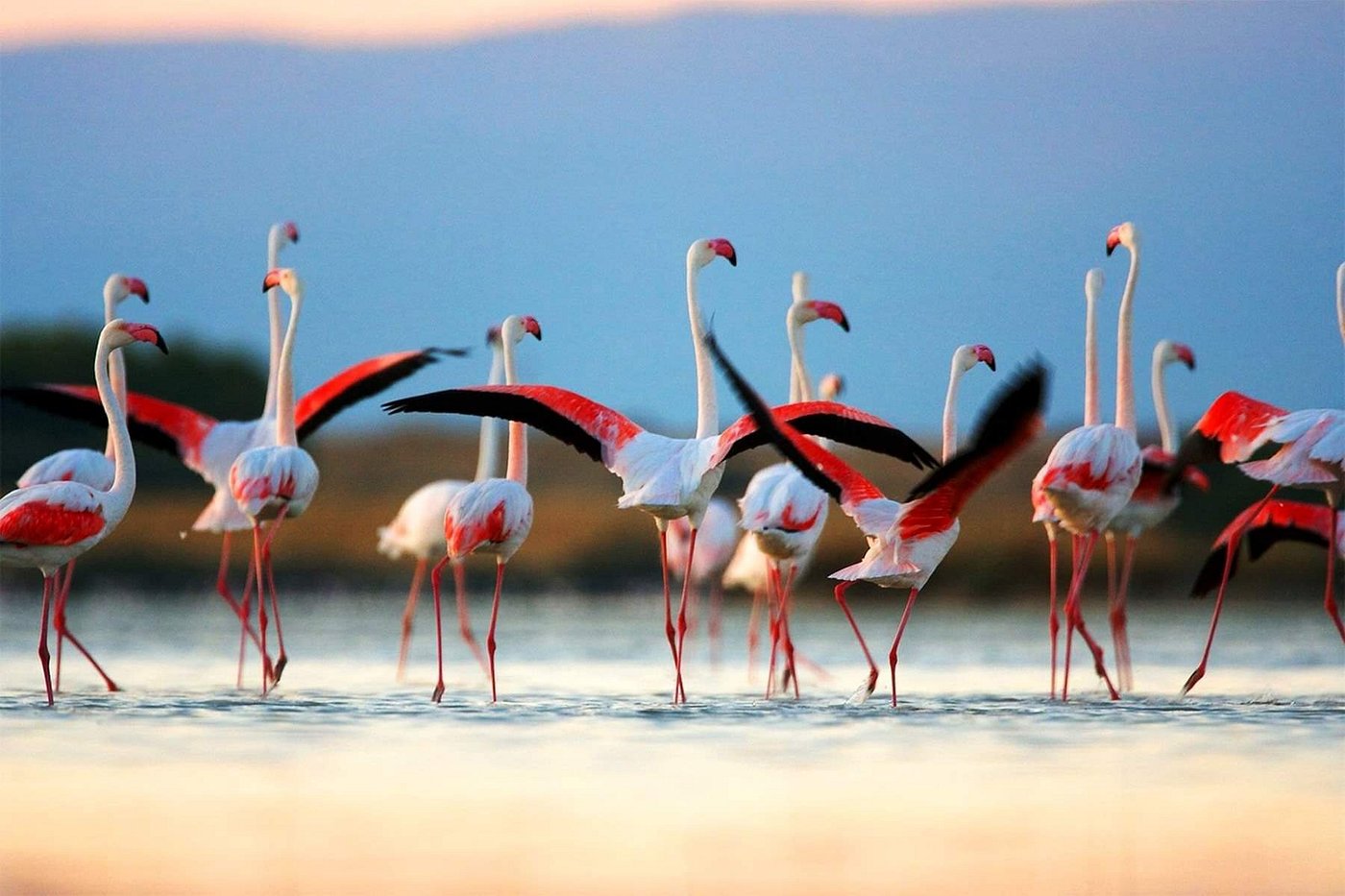Jaffna
Jaffna Hotels & Jaffna District Travel Guide
Welcome to hotelexpress.lk
Let’s see what we can do in Jaffna. Jaffna is a major city in the Northern Province. Jaffna offers a variety of facilities to people, such as a Jaffna Hospital, a Jaffna Police Station, the University of Jaffna, a Jaffna Railway Station, and a Jaffna Bus Stand. Jaffna postal code is 40000.
Jaffna offers a range of hotels and accommodation options, from budget-friendly guesthouses to luxurious resorts. You can book Jaffna hotels from hotelexpress.lk, and also check out Jaffna tours. So let’s continue, best tour guide.
Jaffna Weather.
The Jaffna district has a tropical climate with temperatures ranging from 30°C to 35°C throughout the year. Humidity often exceeds 70%. Rainfall. The northeast monsoon brings occasional thunderstorms from October to December. Rainfall is also observed during the inter-monsoon months of April and May. Cloudy and windy conditions are also common during the monsoon season of May–July and October–December. Winds can reach 10 mph (16 km/h) or more.
The way from COLOMBO to JAFFNA.
-
The bus journey from Colombo to Jaffna takes approximately 6 hours and 45 minutes.
-
The train journey from Colombo Fort to Jaffna Railway Station takes approximately 6 hours and 40 minutes to 7 hours and 45 minutes. It depends on the train schedule.
-
Traveling by car or taxi takes about 6 hours and 30 minutes to 7 hours.
Things to do in JAFFNA.
There are many historical and scenic attractions for tourists to see in Jaffna. Let’s see what there is to see in Jaffna.
-
Jaffna Fort.
Jaffna Fort is a landmark located near the coastal village of Gurunagar in Jaffna District. It was built by the Portuguese in the 17th century and later modified by the Dutch under Philip de Oliveira in 1618. Many people come to visit the church inside the fort, which is believed to have miraculous powers. Jaffna Fort is guarded by the Sri Lankan Army, as it contains only government and military buildings. Jaffna Fort is also known as the largest military fort in the country.
-
Dutch Fort.
This Dutch fort in Jaffna has been under Portuguese rule since 1618. It is the only Dutch fort in Asia. The Dutch Fort in Jaffna is a monument that commemorates the role it played in the events that have taken place since then. The fort has passed through several rulers over time, and today, the fort is in ruins. If you are visiting Jaffna, the Dutch Fort is a must-see place.
-
Keerimalai Springs.
Keerimale Spring is a natural spring located west of Palaly town in the Jaffna district, next to the sea. A bathing tank has been built around this spring. A wall has been created to prevent the mixing of sea water and spring water. The water here is not hot at all. Surprisingly, despite being very close to the sea, the water in the spring is fresh. This spring is also said to be connected to the bottomless well of Nilavarai, which is more than 10 km away. There are many legends surrounding this spring, and Hindus believe that it has miraculous powers. If you want to bathe peacefully, you should definitely go early in the morning. Because in the afternoon, the spring is full of people.
-
Delft Island.
Delft Island is located in the Jaffna district. This is the largest island of Sri Lanka. Since this island is quite far from Jaffna, you have to go to the island by boat. This journey takes about an hour, and boats leave from Kurikadduwan Jetty to this island 5 times a day. Also, the best time to go is in the morning. The Dutch used Delft Island for breeding horses. There are also 2 forts, a main stupa and 4 other small surrounding stupas around it, 3 inscriptions (two of these three inscriptions are written using Tamil characters and the other is written in Brahmi characters), and the ruins of Vatadaga buildings. There are many ruins on this island. If you come to Jaffna, do not forget to visit Delft Island.
-
Jaffna Public Library.
Jaffna Public Library is located in the heart of Jaffna city. This library was built in 1933 during British rule. The main purpose of this place in the Jaffna district, unlike the main districts, including the Colombo district, is to control the Tamil people and reduce the disparity in the distribution of knowledge, as mentioned in the history books. Also, by 1980, there were 97,000 books and many manuscripts. Later, in 1981, a group of extremists set fire to the Jaffna Public Library and destroyed it. After that, it was renovated and reopened to the public in 2001. If you are an avid reader, you should visit this library.
-
Casuarina Beach.
Casuarina Beach is located in Karainagar, Jaffna District. It is considered the best beach in the Jaffna Peninsula. This beach is located north of Karaiv Island. This beach is known by various names. The beach remained dirty due to LTTE terrorist activities. With the liberation of the country from the LTTE organization, the beach was cleaned again and made available to the public. Now it has become one of the main attractions for visitors to Jaffna. Due to heavy tourism, its cleanliness has been lost to some extent. Since the Casuarina Sea is very shallow, you can walk a long way into the deep blue water, so many people come to bathe on the beach. A flat boat made of wooden logs, similar to a boat, is used to carry out fishing activities on this beach. This is because this beach is shallow.
-
Charty Beach.
Charty Beach is located a short distance from Jaffna city in the Jaffna district. This beach is a hidden gem of a beach. The tranquility here is overwhelming. Many tourists come here to spend their free time and watch the sunrise and sunset. There are many ancient stories about this beach, and a strong Tamil history is also associated with this beach. If you want to taste delicious Jaffna food, you can buy it from the restaurants around this beach.
-
Dambakolapatuna Sangamitta Buddhist Temple.
Dambakola Patuna Sanghamitta Viharaya is a Buddhist shrine located in the Jaffna district. It is a popular tourist attraction. It is believed to mark the footprints of Sanghamitta Theri, the daughter of Emperor Ashoka, who came to Sri Lanka with the sacred Bodhi tree in the 3rd century BC. It has a stupa, a Bo tree, and well-maintained gardens. It is an important Buddhist shrine complex with Sri Lankan heritage and historical value. The site offers a beautiful view of the sea.
-
Nagadeepa Temple.
Nagadeepa Purana Viharaya is located adjacent to one of the Delft Islands. This is a revered temple that holds an important place in the Buddhist history of Sri Lanka. History states that Nagadeepa Purana Viharaya was founded during the second visit of Lord Buddha to Sri Lanka. The complex of this temple, with its beautiful gardens, magnificent stupas, and Buddhist statues, and every architectural element, attracts tourists.
-
Kankasanthurei Lighthouse.
Kankesanthurai Lighthouse is a beautiful landmark located in the Jaffna district. It was built in 1893 and is 22 meters (72 feet) high. It is a single, white, octagonal tower with a balcony and a lantern, and is a very beautiful lighthouse. This lighthouse is widely used for navigation and offers a breathtaking view of the ocean from above. It is a must-see.
Places to visit in Jaffna.
-
Beaches:
Akkarai Beach, Moorkkam Beach, Manatkaadu Beach, Kudaththanai Beach, Nagarkovil Beach, Uduththurai Fishing Beach, Kankasanthure Beach, Casuarina Beach, Chaddy Beach
-
Hiking places:
Limestone Caves, Point Pedro, Sakkotei Cape, Delft Island
-
Historical Places:
Manalkaadu Dutch Church, Neervely Kanthaswami Temple, Sri Naga Vihara International Buddhist Center, King Sangiliyan place, Keerimalai Ambalama, Keerimalai Naguleswaram Kovil, Inuvil Kanthaswamy Kovil, King Sangiliyan’s Statue, Kadurugoda Viharaya, Dambakola Patuna Sangamitta Temple, Nagadeepa Buddhist Temple, Ancient Pigeon Cage, Nallur Kandasami Kovil, King Sangiliyan’s Statue.
-
Forest:
Sparrow jungle
-
National Park:
Delft National Park
-
Museum:
Jaffna Archeological Museum
-
Fort:
Hammenhiel Fort, Kayts Island Fort, Vediyarasan Fort
-
Harbour:
KKS Harbour, Jaffna Port
-
Leisure:
Bird Watching-Sarasalai, Theru Modi Madam
-
LightHouse:
Kankesanthurai Lighthouse, Point Pedro Lighthouse, Karainagar Lighthouse, Queen’s Tower Lighthouse-Delft Island
-
Bridge:
Sangupiddi Bridge
-
Others:
Northern Most Post Box, Windmill, Keerimalai Sacred Water Spring, Nilavarai Natural Underground Waterfall, General Denzil Kobbekaduwa Memorial, Old Dutch Court, Biobob Tree, Large Banyan Tree, Jaffna Public Library, Jaffna Market, Elephantpass
Cities in the Jaffna District.
-
Achchuveli
-
Alaveddy
-
Aliyawalai
-
Araly
-
Chankanai
-
Chavakachcheri
-
Chunnakam
-
Erlalai
-
Kadduvan
-
Kaithady
-
Kankesanthurai
-
Karainagar
-
Karaveddy
-
Kayts
-
Keerimalai
-
Kerudavil
-
Kodikamam
-
Kokkuvil
-
Kondavil
-
Kopay
-
Mallakam
-
Manipay
-
Mirusuvil
-
Moolai
-
Myliddy
-
Nagar Kovil
-
Nallur
-
Navaly
-
Navatkuli
-
Nelliady
-
Nelliyady
-
Palaly
-
Point Pedro
-
Polikandy
-
Puttur
-
Sandilipay
-
Tellippalai
-
Thampalai
-
Thirunelveli
-
Thondaimanaru
-
Thoppu
-
Thumpalai
-
Tirunelveli West
-
Udupiddy
-
Uduthurai
-
Uduvil
-
Urelu
-
Urumpirai
-
Vaddukoddai
-
Valalai
-
Vallipuram
-
Valveddi
-
Varany
-
Velanai
-
Vellampakkaddy
-
Vidattalpalai
-
Viyaparimulai
Are you ready to visit the Jaffna District ?
Although there are several things to do in the Jaffna District, your involvement in such activities during your visit to the Jaffna District will surely become an unforgettable experience for a lifetime.


